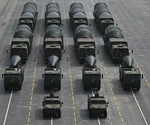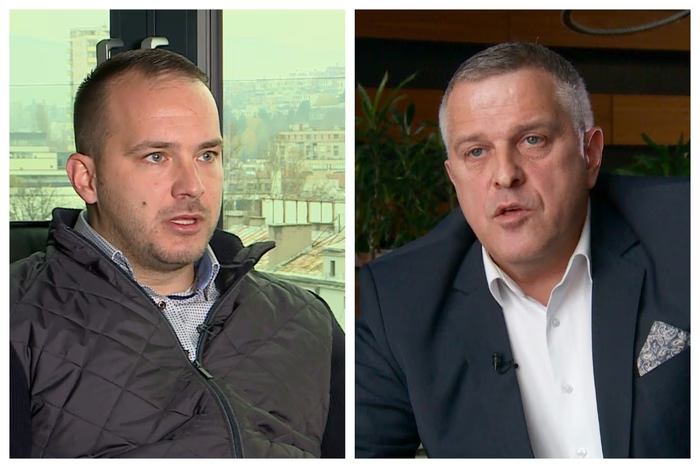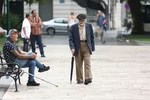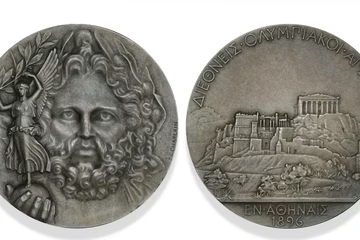N1 visits Sedra migrants centre, finds migrants grateful for Bosnian hospitality

A total of 30,000 migrants were identified in the north-Bosnian Una-Sana Canton (USK) since the beginning of 2019. Of this number, 22,000 came by train. Among them are many families with children, but also countless unaccompanied children. For this reason, N1 television visited the Serda migrant centre in Cazin.
Oglas
Dozens of children, migrants and refugees are staying here with their parents, but there are also those without parents.
Some 30 children from the Sedra centre, which is 10 kilometres away from the city of Bihac – the hotspot for migrants because of its vicinity to the EU/Croatian border, are attending local schools. In total 187 migrant children attend schools in this canton.
Some of them have their backpacks full. These backpacks mean the fun is over for them and that “game” is on.
Oglas
Gama is a term migrants use for the act of entering a country undetected by the border police, so they could get to local towns and cities and request asylums, just so they could prepare to move to the next country en route to their final destination – Western Europe.
“Good Bosnia, Croatia no good,” Madjid from Syria told N1.
Even though Sedra is an abandoned hotel, the authorities see it fit to house the migrants.
“Family and baby on floor three, with 16 beds there. No families on first floor, it's a problem. Sixteen beds – one room. Pakistanis, Syrians, Turks...,” Turki Fayad from Syria told N1.
Oglas
The hotel's capacities are mostly full, but on this day, 335 out of 420 beds were taken.
The “game” is on.
“The average stay here is between 68 and 69 days. Last year it was 148 days. Many people do manage to get across,” Mite Cikovski, the Serda camp manager said.
Adrian is the latest baby to be born here. There are pregnant women here as well as single mothers.
Oglas
“We're conducting specialist trauma recovery programmes for women here because long journeys and uncertainty leave profound traumas and consequences," said Aida Behrem of the Women from Una organization.
The Sidra centre has a sports area as well as a hair salon. N1 reporter's hair was made by Leila from Tehran, who has been in Sedra with her family for six months. She made her hair for free.
She said she could not charge them for the services because she has no money to pay for the hospitality she received from the citizens of Bosnia and Herzegovina.
Kakvo je tvoje mišljenje o ovome?
Učestvuj u diskusiji ili pročitaj komentare
Oglas
Kakvo je tvoje mišljenje o ovome?
Učestvuj u diskusiji ili pročitaj komentare
Oglas





 Srbija
Srbija
 Hrvatska
Hrvatska
 Slovenija
Slovenija


























































